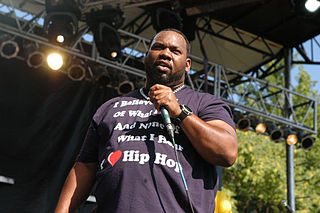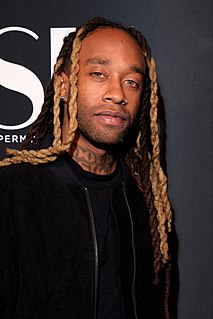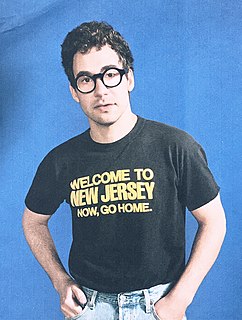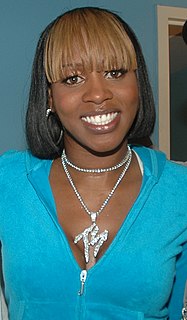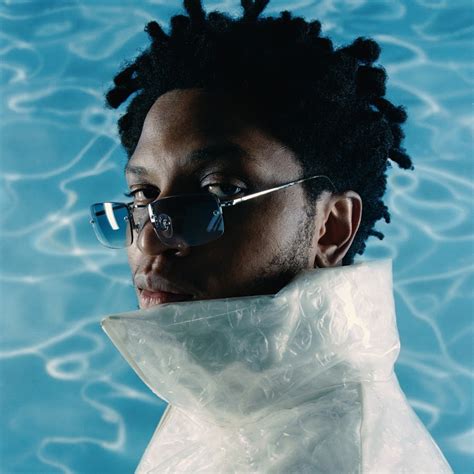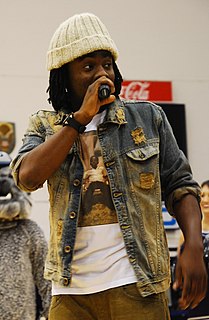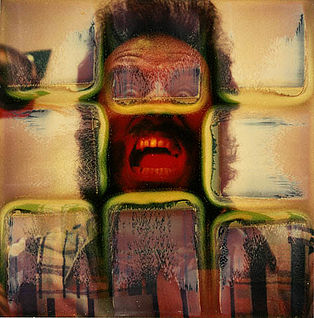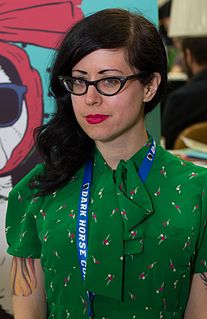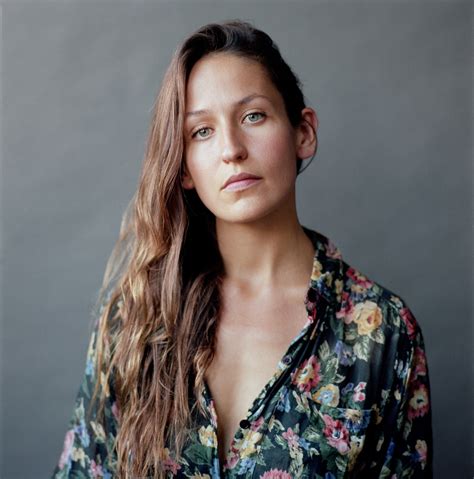A Quote by Raekwon
Before I think we was emcees, we was more or less narrators too. Because if you look at the early '80s hip hop, it was so much creativity goin' on with artists like then, like Slick Rick, then you had Rakim, and you had these different kind of artists back then. And we was a marble cake of all these artists. So I didn't have a problem with writin' stories because I felt like that was somethin' I loved to do. Even to this day, I really consider myself an entertainer-slash-narrator. I like to talk about stuff that goes on.
Quote Topics
Related Quotes
I don't really talk about this because it seems indulgent, but I lost my hair, I'm bald, I had alopecia in my teens. That was back in the late '80s, well before people shaved their heads. So it's probably one of the reasons why I have been obsessed with that age, because it's locked in time where I feel like I had this personal loss that so affected my vanity, and I don't really feel like I handled it well. I'm so much older now, so it's not a big deal, but when I think back at it, I can conjure up how I felt then.
I've got all of the old school vinyls from the '70s - even further back, like the jazz music in the '40s, '50s, '60s. Then I've got all the '80s stuff underground, hip-hop when hip-hop really first started. The '90s stuff. All of the good stuff, because I'm really into music, and it helps me create new songs now.
What sets 'Some Nights' apart from anything we've ever done is the hip-hop influence. Not so much the actual sound of hip-hop, but more the vibrato and the artistry that comes with it. Right now, the artists that seem to be pushing to be the greatest artists and are trying to change the world are hip-hop artists.
Sometimes I'm just a little bit too honest. There was some things that were going on behind the scenes that I didn't like because it's not what hip-hop is about. Hip-hop is about honesty and it's about being real to the people, and I kinda felt like there's some instances where some artists aren't 100% honest with the people. Their integrity is lacking sometimes. And sometimes it comes out.
At any rate, when I began photographing myself, I could place myself in poses that had not been investigated by other artists. It was an area other artists hadn't touched. Then, I went on from there. I manipulated my image - distorting it, brutalizing it. People thought I was mad, but I felt I had to tell these things. It gave me a kind of excitement.
I would like to encourage hip hop artists to invite those of us who are in the queer spaces in, so we can have those conversations. I love hip hop. If you bring me in the studio, I know how to act. And we can talk about what's not cool because, clearly, there's still homophobia that penetrates in all these areas.
A lot of young artists in particular think you can just do one great thing and then sit back and collect checks. Most artists, even people like Dan Clowes, who's one of my heroes, don't just do comics. He does paid illustration. He writes screenplays, and so forth, working and selling lots of different things.
Being a full-time musician back before I had my son, it was sort of too much 'me' all the time. I felt like a bit of a narcissist, always doing just my art - even though I feel like artists are doing a service as well. I needed something a little more literal, instead of writing music and hoping people enjoyed it.
